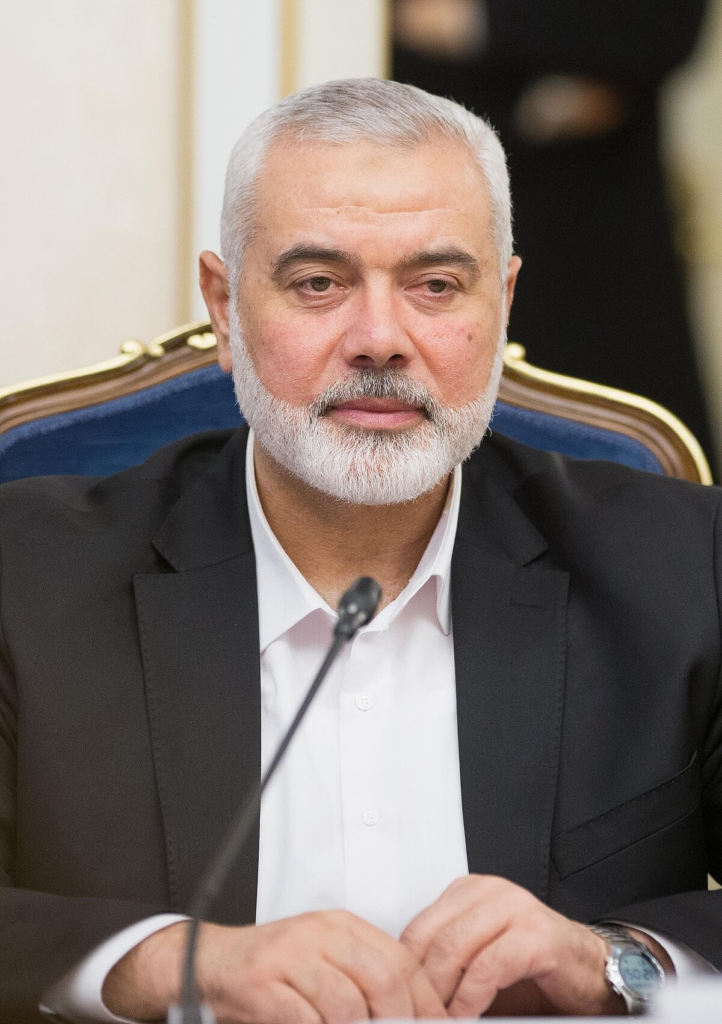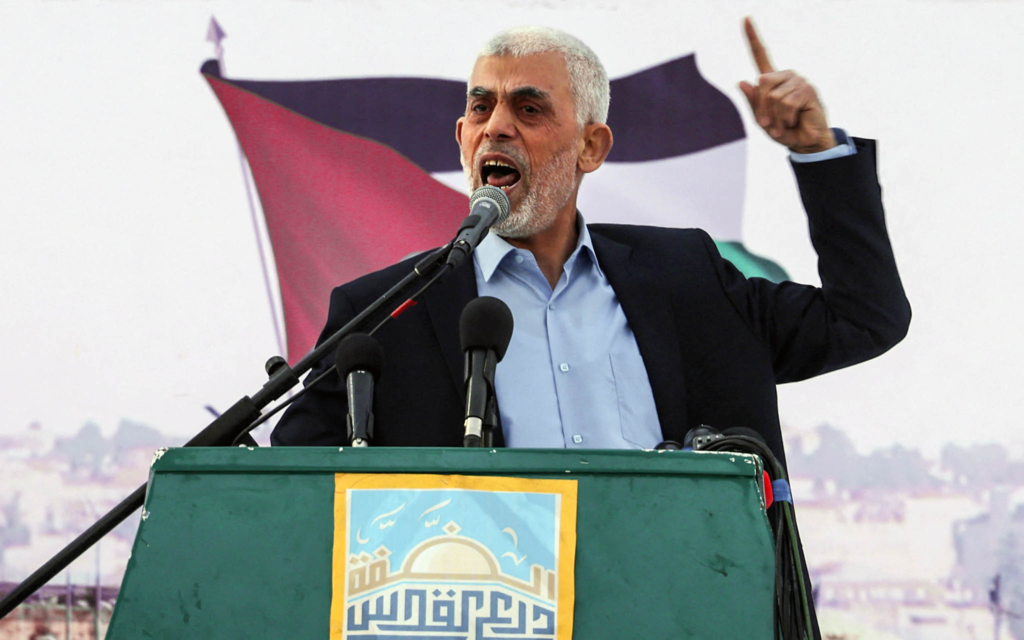Introduction
In a significant development within the Palestinian political landscape, Hamas has officially appointed Yahya Sinwar as its new leader. This move comes in the wake of the assassination of the former leader, Ismail Haniyeh. The transition in leadership marks a pivotal moment for the organization, as it navigates the complexities of ongoing regional conflicts and internal challenges.
Background on Ismail Haniyeh’s Assassination
Ismail Haniyeh, a prominent figure in Hamas and a key player in the Palestinian resistance movement, was killed under circumstances that have yet to be fully clarified. His assassination has sent shockwaves through the region, sparking a series of reactions from various stakeholders. Haniyeh, who had been a central figure in the group’s political and military strategies, had a significant impact on the dynamics between Hamas and other regional actors. <!– Add a relevant image of Ismail Haniyeh here –>
The Impact of Haniyeh’s Death
Haniyeh’s death represents a substantial loss for Hamas. Known for his strategic acumen and charismatic leadership, Haniyeh was instrumental in shaping the organization’s policies and its approach to the ongoing Israeli-Palestinian conflict. His assassination not only disrupts the leadership structure within Hamas but also raises questions about the future direction of the group and its ability to maintain cohesion during a period of heightened tension.

Ismail Haniyeh the former leader of Hamas
Yahya Sinwar’s Appointment as Hamas Leader
In the aftermath of Haniyeh’s death, Hamas has moved swiftly to appoint Yahya Sinwar as its new leader. Sinwar, a veteran of the Palestinian resistance, has been a key figure within Hamas for years. His appointment is seen as a strategic decision by the organization to ensure continuity and stability in its leadership during this turbulent time.

Yahya Sinwar the New leader of Hamas
Yahya Sinwar’s Background
Yahya Sinwar has been a prominent leader within Hamas for many years. He is known for his strong stance on the Palestinian cause and his involvement in various military and political activities of the organization. Sinwar’s rise within Hamas has been marked by his leadership in Gaza and his role in shaping the group’s strategies and policies. His appointment as the new leader signifies a shift in the organization’s leadership style and strategic focus.
Strategic Implications of Sinwar’s Leadership
Sinwar’s leadership is expected to bring a renewed focus on the group’s military capabilities and resistance strategies. His background in the military wing of Hamas suggests a potential emphasis on strengthening the group’s operational readiness and capacity to respond to external threats. Additionally, Sinwar’s appointment may influence Hamas’s diplomatic and political strategies, particularly in its interactions with regional and international actors.
Reactions to the Leadership Change
The appointment of Yahya Sinwar has elicited a range of reactions from various quarters. Within Hamas, the leadership transition is seen as a necessary step to maintain the organization’s unity and direction. However, the broader Palestinian and international communities are closely monitoring the implications of this change. Analysts are assessing how Sinwar’s leadership might affect the ongoing conflict with Israel and the broader geopolitical dynamics in the Middle East.
Regional and International Reactions
The assassination of Haniyeh and the subsequent appointment of Sinwar have prompted responses from both regional players and international stakeholders. Regional governments and organizations are evaluating the potential impact of these developments on the stability of the region and the prospects for peace. International observers are also assessing how the new leadership might influence Hamas’s approach to negotiations and conflict resolution.

Yahya Sinwar the New leader of Hamas
Conclusion
The transition of leadership within Hamas, marked by the appointment of Yahya Sinwar following Ismail Haniyeh’s assassination, represents a critical juncture for the organization. As Hamas navigates this period of change, the focus will likely be on maintaining internal cohesion, addressing external challenges, and shaping its strategic direction in a rapidly evolving political landscape. The coming months will be crucial in determining how Sinwar’s leadership will influence the future trajectory of Hamas and the broader Israeli-Palestinian conflict.

Yahya Sinwar the New leader of Hamas
For ongoing coverage and detailed analysis of the situation, including updates on Hamas’s activities and regional responses, stay tuned to our website.
Please also see the recent news about Bangladesh